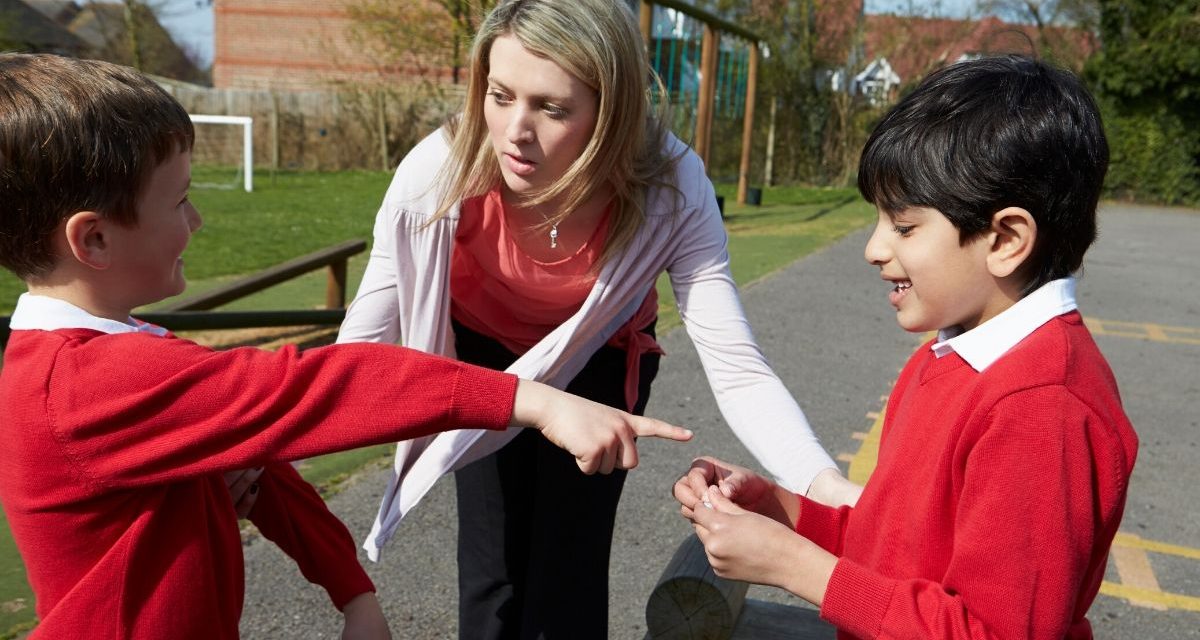I am often asked, as in the following email, how to communicate with children when you sense they just need some clear feedback. Here is Steven’s question:
Dr. Cale, I’ve been reading your articles and have spent time on your website. I think I have a sense of your approach for developing a healthy relationship with my kids, as well as being more action oriented when the situation demands it.
However, I was recently at my brother’s wedding, and my twins, 7-year-old boys, began to get rowdy at the rehearsal dinner. They were having fun…but it was distracting. I found myself getting very angry and frustrated. Yet, it was difficult for me to think about taking them to the car for the kind of time out you’ve suggested. Do you have some other ideas about this?
Steven, divorced father of 2
Steven,
This is a great question. In the event that your boys’ behavior was truly out of control, it sounds like you know what my recommendation would have been. It would be to take the boys out to the car and have a “timeout” in the car. This is very effective.
However, I gather that their behavior was not yet extreme and that you are searching for a way to intervene at the moment, to encourage a change in their behavior.
Steven, I am going to suggest three simple rules for you to keep in mind.
1. Calm Down
Steven, this is for both you and the boys. Internally, ask yourself to “Calm Down.” Repeat this to yourself a few times before you step in.
You’ll be much more effective with your boys if you approach them in a manner where your voice is calm, reassuring, and firm. The more that you appear to be frustrated, frantic, or perhaps feeling out of control…the more that your boys will feed off of that anxiety.
Next, use the words… “Calm Down” as your “magic words” for your boys. There is ample research to argue that it is important to give your boys clear direction about where you want them to go and not focus on where they have been. In other words, if you state “Stop fighting with your brother”…you focused their attention on hitting. In contrast, when you say, “Calm down”…you focus their attention on the direction you want them to go in.
2. Tone Down
Whenever we become anxious, our vocal cords constrict, and our tonality begins to go up. This is a clear reflection of anxiety. So keep you tone down.
More importantly, as highlighted in the recent bestseller by Malcolm Gladwell, entitled “Blink,” the mind is more responsive to the subtle (i.e., unconscious) aspects of communication than to the direct aspects. There is research to suggest that we give, and we respond, to sentences that have a downward movement in their tonality. So when you speak with your boys in these situations, make sure that your tonality goes from a normal tone when you use the word “Calm”…to a lower tone when you use the word “Down.” This subtle shift in tonality will influence your children in ways that truly can appear to be magical. Please attend to this at any moment where you want your words to have a calming effect on your children.
3. Finally…Get Down.
Get down on their level. When you are communicating something important, get down on one knee and look them in the eye. It communicates respect. It communicates importance, and it’s a deeper level of connection.
Get their eye contact. Speak calmly, but with certainty…and keep your tone down.
When you combine all three of these, you move into a much more powerful position of influence. I think you’ll find your kids will respond well. Remember…calm down…tone down…and get down.
You can’t go wrong with this type of respectful communication when the situation warrants a bit of clear feedback.














